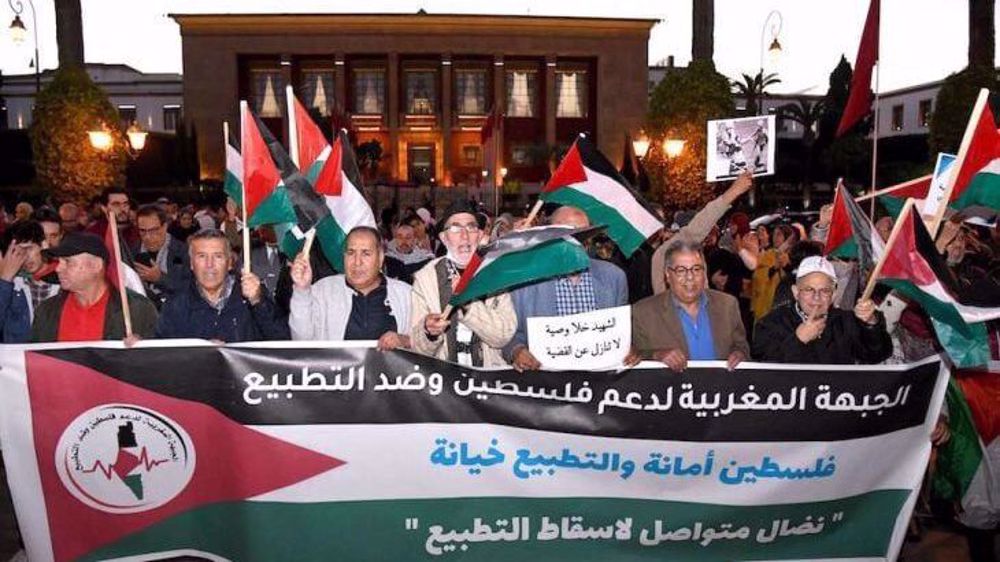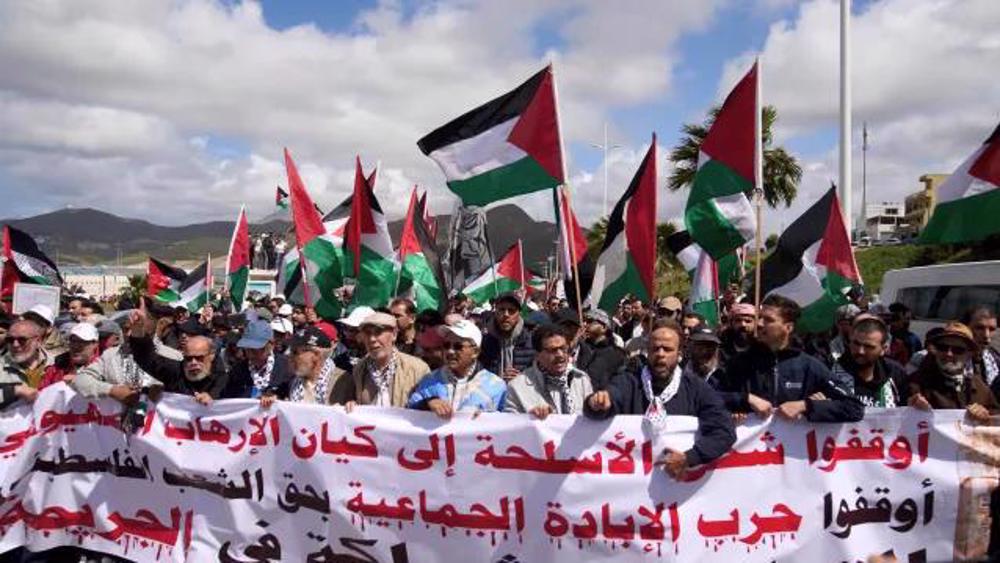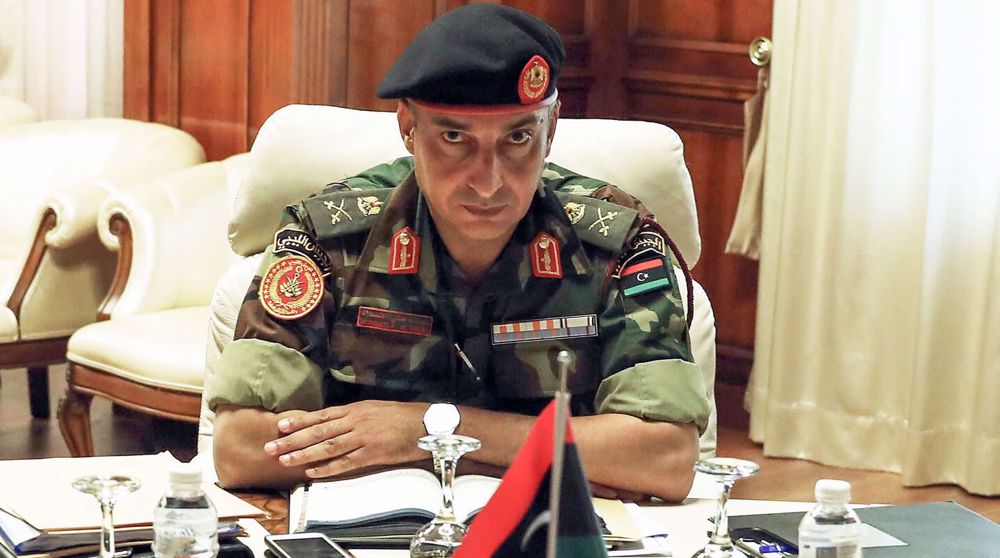UN Security Council extends arms embargo on Libya for another year
The United Nations (UN) Security Council has once again authorized a European Union mission to combat illegal arms transfers to Libya and implement an arms embargo on the conflict-ridden North African country.
The Council on Monday voted unanimously to extend authorization of Operation Sophia for another year until June 2020, amid calls for action to curb the flow of weapons to Libya.
The European Union’s Operation Sophia has been the only regional naval operation carrying out inspections of vessels on the high seas headed to or from Libya.
Germany told the Council that arms supplies delivered in violation of a UN embargo were the main hurdle in the way of an end to the fighting between rival factions in Tripoli and a return to political talks.
"A seemingly unlimited arms supply fuel the erroneous belief in the military solution to the conflict and contributes to the unwillingness of actors on the ground to agree on a ceasefire and resume a political process," said Germany's Deputy UN Ambassador Juergen Schulz.
"It is time to redouble our efforts, to assume our responsibility and ... find ways to finally implement the arms embargo effectively," he told the Council.
Belgium and South Africa also expressed concerns about arms flows to Libya.
In June 2016, the Council adopted Resolution 2292 to authorize inspection of vessels in the Mediterranean suspected of carrying weapons. The authorizations have been extended several times.
The latest authorization came more than two months after the forces of renegade general Khalifa Haftar launched an offensive to seize Tripoli, seat of the UN-recognized government.
Libya has been divided between two rival governments, the House of Representatives based in the eastern city of Tobruk and the internationally-recognized Government of National Accord (GNA) in Tripoli. Haftar, 75, who enjoys the loyalty of a group of armed militia and backing from Saudi Arabia, the United Arab Emirates and Egypt, has taken upon himself to protect the government in Tobruk. Armed forces and militia loyal to the GNA have been fighting back.
Forces loyal to Haftar launched an offensive on April 4 to seize control of the capital Tripoli, engaging in an all-out clash with GNA troops.
Since April, fighting has killed at least 432 people, wounded 2,069 and displaced more than 50,000, according to the UN.
Libya has been the scene of increasing violence since 2011, when former dictator Muammar Gaddafi was toppled from power after an uprising and a NATO military intervention.
His ouster created a huge power vacuum, leading to chaos and the emergence of numerous militant outfits, including the Daesh terrorist group.
Trump used presidency to pocket $1.4 billion in first year back in office: Report
EU divided over new Iran sanctions
China hits US with economic counteroffensive after Maduro’s abduction: Report
Ben-Gvir arms more Israeli settlers amid rising violence in West Bank
'Hands on trigger': IRGC warns US and Israel against any miscalculation
VIDEO | US and Israel’s failed terrorism
After Venezuela, Trump sets sight on Cuba for 'regime change': Report
Trump’s ‘bulldozer’ diplomacy is deepening US-France rift: Analyst











 This makes it easy to access the Press TV website
This makes it easy to access the Press TV website